As someone deeply passionate about sports, I’ve always been fascinated by the diverse career opportunities within the sports industry. From marketing to sports management, the field offers a wide range of exciting roles for enthusiasts like myself. Whether you’re a sports fanatic looking to turn your passion into a profession or a business-minded individual seeking dynamic work environments, the sports industry has something for everyone.
In this article, I’ll delve into the various career paths available in the sports industry, shedding light on the skills and qualifications needed to succeed in this competitive field. From sports analytics to sports journalism, the opportunities are vast and ever-evolving. Join me as we explore the dynamic world of sports careers and uncover the key insights to help you kickstart your journey towards a fulfilling and rewarding profession in sports.
Jobs in Sports Industry
The Rise of Sports Business

Beyond the spotlight of athletes, there is a vast array of non-athletic roles that are in high demand across the sports industry. From sports marketing and public relations to sports analytics and event management, these positions play a crucial role in shaping the success of sports teams and organizations. As someone interested in the sports industry, I recognize the value of these roles in driving innovation, improving performance, and expanding fan bases. Exploring non-athletic career paths can lead to fulfilling opportunities that combine a passion for sports with expertise in specialized fields.
Key Sectors in the Sports Industry
Sports Marketing and Management
In the sports industry, sports marketing plays a crucial role in promoting teams, athletes, and events to attract fans and sponsors. As a sports marketer, I leverage strategic branding and promotional campaigns to engage audiences and drive revenue for sports organizations. This sector offers diverse opportunities in sponsor partnerships, digital marketing, and fan engagement strategies.
Sports management involves overseeing the business side of sports, including finances, operations, and personnel. In this sector, I focus on maximizing team performance, managing budgets, and negotiating contracts. It’s a dynamic field that requires strong leadership skills and a deep understanding of the sports business landscape.
Event Management and Logistics

Logistics in sports involve the coordination of transportation, equipment, and supply chain management to support the smooth operation of sports events. It’s my responsibility to ensure that everything from athlete gear to fan merchandise is in the right place at the right time. Efficiency and precision are key in optimizing logistics for successful sporting events.
Sports Medicine and Athletic Training
Sports medicine focuses on the healthcare and rehabilitation of athletes, addressing injuries and optimizing performance. I work closely with athletes to prevent, diagnose, and treat sports-related injuries, collaborating with medical professionals to develop personalized recovery plans. This sector requires expertise in sports science, anatomy, and injury prevention to keep athletes at the top of their game.
Athletic training involves providing medical support and emergency care to athletes during practices and competitions. As an athletic trainer, I assess injuries, administer first aid, and design strength and conditioning programs to enhance athletic performance and reduce the risk of injuries. Quick decision-making and expertise in sports physiology are vital in this critical role in sports healthcare.

